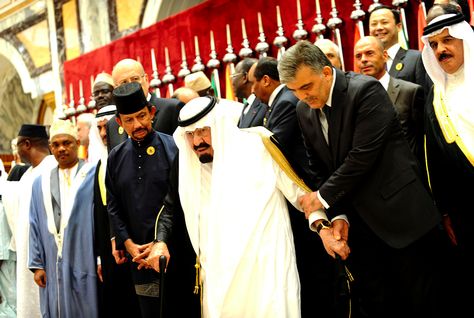CAIRO: As the armed conflict in Darfur continues unabated, the efforts of Sudan’s neighbors to bring an end to the violence teeters on an edge because of the splinter within the rebel groups and the difficulty in helping them form a unified negotiating bloc.
“Mediation efforts by the UN and African Union to convince rebel groups to agree on a negotiating vision and one delegation to represent them all have, as of yet, not succeeded, Hani Raslan, Sudan expert at Al Ahram Center for Political and Strategic Studies, told Daily News Egypt.
“Initially there were two rebel groups in Darfur, now there are 12. So it’s practically impossible to get them all to agree on the same things, he added.
A conference is scheduled for Oct. 27 in Surt, Libya where further attempts will be made to reach a new agreement since the existing Abuja agreement – signed only by the Sudan Liberation Movement (SLM), the main rebel faction – no longer reflects the reality on the ground.
Egyptian Foreign Minister Ahmed Aboul Gheit hosted a delegation from the Darfurian rebel groups including the two initial groups, the SLM and the Justice and Equality Movement (JEM), as well as their splintered factions.
The foreign minister “asserted that both parties must be serious and flexible in presenting their causes [and] avoid preset conditions, a foreign ministry statement said, adding that Aboul Gheit “urged all Sudanese parties to halt military operations, and provide the opportunity for creating the proper atmosphere for the success of the negotiations.
According to Raslan, the Sudanese government has agreed to no preconditions, but wants the Abuja agreement to be the reference for future accords. The rebel groups however, want the Abuja agreement abolished entirely.
Therefore, Egyptian efforts are “aimed at making a political solution work, Raslan added, “because instability in Darfur is getting more and more dangerous and Egypt considers this instability a threat to its national security.
“Even the international community has realized that a political solution is what is required, rather than sanctions and embargos, he added.
Since the beginning of the Darfur conflict in 2003, more than 3 million people have been displaced and 200,000 killed in the violence, which has also spilt into neighboring countries.
The rebel groups declared that their demand for participation in power and a cut of revenue was derived from a desire for Darfurians to exercise their self-determination within a unified Sudan.
The rebel groups are due to meet before the Libya talks in an attempt to coordinate a unified stance but Raslan was skeptical about their success.
“Abdel Wahed Nour (rebel faction leader) has refused to attend the talks up until now, he said, “the rebel groups are no closer to agreeing. Currently, there is too much self-interest and tribal competitiveness.

